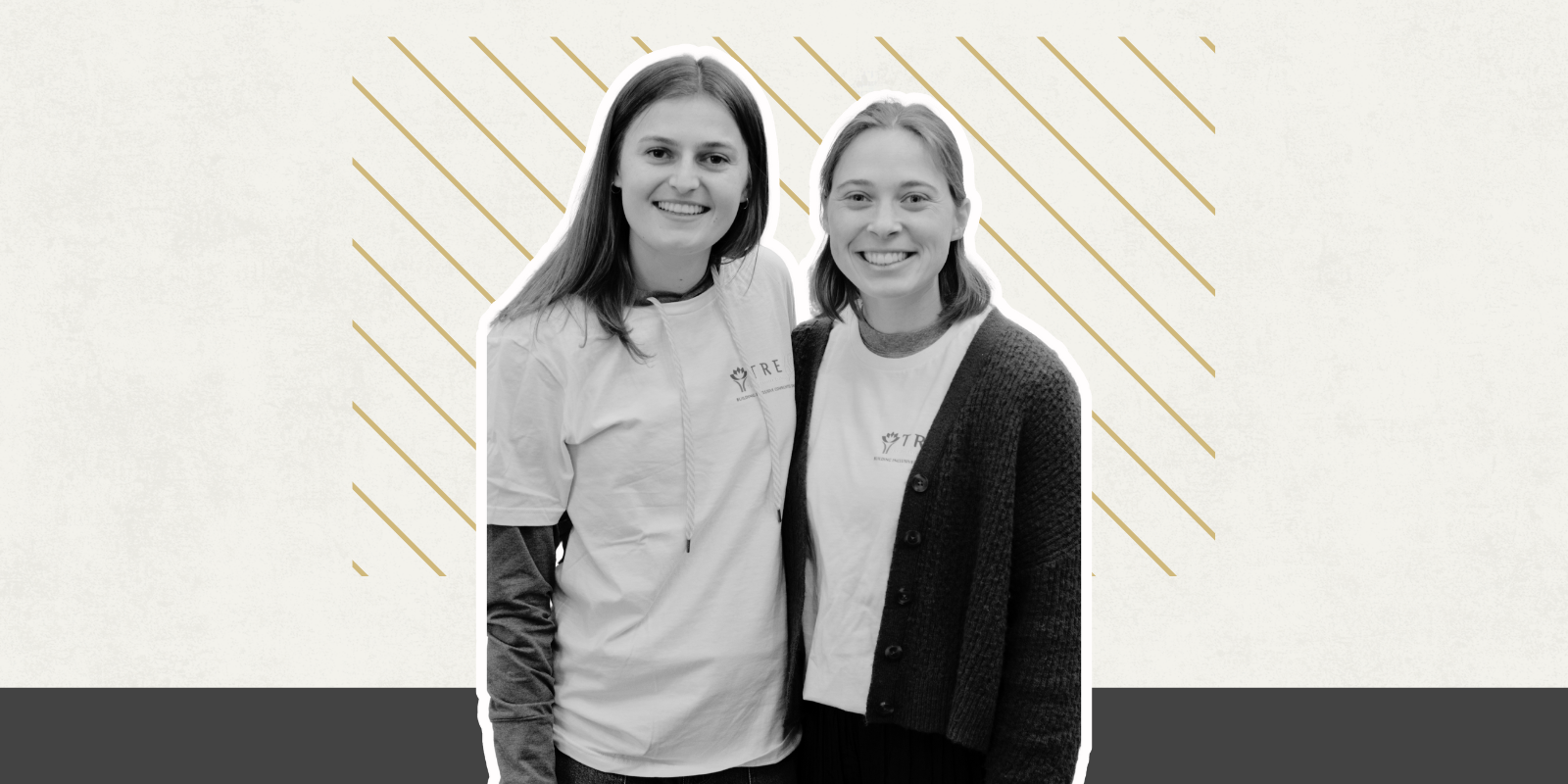It’s widely accepted that play is an important part of childhood development. But what about adults? Researchers are learning more about the role of playfulness in adulthood and what it means for mental and physical health.
While definitions of “playfulness” differ across psychology, it often acts as a transformative device or personality trait that allows people to reframe experiences as enjoyable or engaging. Adults who tend to be more playful may experience increased productivity, creativity, and innovation. Researchers have also found that these adults have greater emotional intelligence and academic performance.
Clinical psychologist Cindy Morris, PsyD, says this tends to be true in her line of work, too. Morris endorses the idea of play both with her patients and in teaching fellow providers as the clinical director of the Behavioral Health and Wellness Program (BHWP) at the University of Colorado School of Medicine.
“It’s so important for adults,” she says. “There’s a lot we can learn about ourselves and the world through play, and it can ultimately enhance everyday life, especially when we’re facing difficult times or living in a world where stress can be difficult to escape.”
Morris shares the role of playfulness and how everybody can incorporate it into their wellness routine.
This interview has been edited for clarity and brevity.





